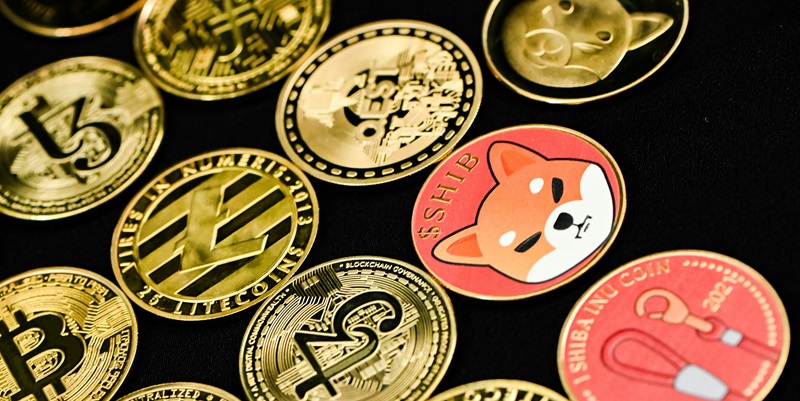In the volatile seas of cryptocurrency markets, the splash made by a whale’s movement can send ripples far and wide. Recently, a whale investor has made headlines with their monumental purchase of meme cryptocurrencies, grabbing 199 billion units of Pepe coin (PEPE) and 37 billion units of Shiba Inu (SHIB). This wasn’t just any token accumulation; it was a clear, pointed investment as 349 billion PEPE tokens were conspicuously withdrawn from the exchange giant Binance. Such bold moves naturally stir speculation and debate about the future prices of these internet darlings.
Whale of a Time: Introducing PEPE and SHIB
Swimming in the deep and sometimes obscure waters of meme cryptocurrencies, PEPE and SHIB carry the lighthearted connotation of internet memes but are backed by serious market capital. Despite the whimsical vibes, the currencies’ recent dip has not deterred a positive market sentiment. Investors and enthusiasts alike watch these tokens closely, gleaning hopeful signs from the whale’s purchasing patterns. Further bolstering their confidence is the performance of Pepe coin’s Relative Strength Index (RSI). This indicates that the coin has buoyancy when it comes to bullish momentum – its current readings suggest there’s room for growth before PEPE hits overbought waters.
On the other hand, SHIB’s RSI points to a neutral stance in the market, leaving its valuation more ambiguous. Yet, it’s not adrift without support. SHIB has a unique burning mechanism designed to shore up value over time by permanently removing a portion of the supply, a tactic that could yield fruitful appreciation. The interplay of these indices and internal mechanics paints a nuanced picture for both PEPE and SHIB, wherein their meme status belies the strategic underpinnings that may escalate their valuation in the crypto ecosystem.
A Bullish Approach: Market Indicators and Players
In the often turbulent cryptocurrency market, actions by significant investors—colloquially known as “whales”—can have substantial impacts. Making waves recently, a notable whale has captured the attention of the crypto community by acquiring a staggering number of meme-based digital currencies. This investor snapped up 199 billion Pepe coin (PEPE) tokens alongside a hefty 37 billion Shiba Inu (SHIB) coins. Yet, it wasn’t merely an addition to their portfolio. In a move that heightened curiosity and triggered discussions across forums, this individual audaciously transferred 349 billion PEPE tokens out of the renowned cryptocurrency exchange, Binance. This impressive maneuver underscores the whale’s influential role within the market, sparking widespread conjecture on the potential implications for the valuations of these popular memes-turned-currencies. The crypto sphere watches with bated breath as these developments unfold, pondering how this investor’s gamble may shape the journey ahead for PEPE and SHIB.

